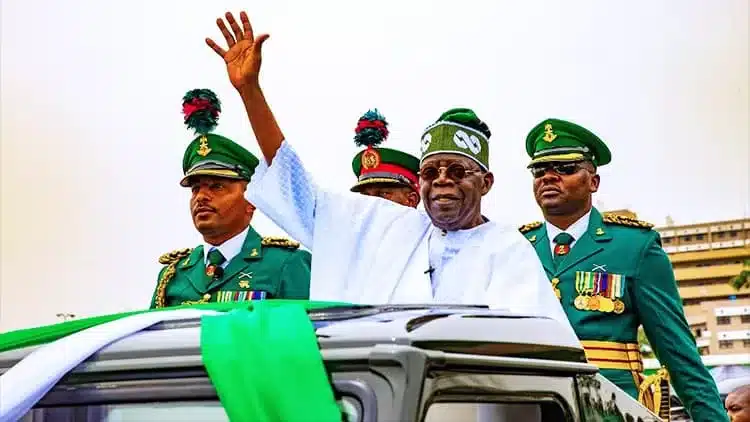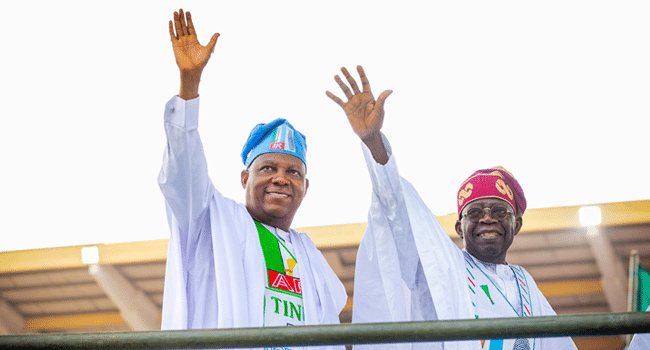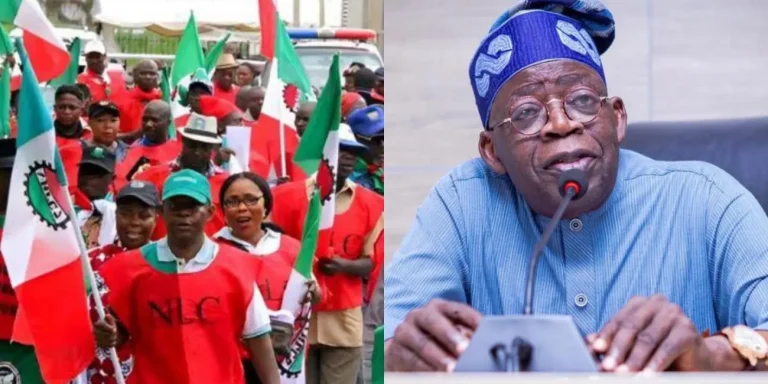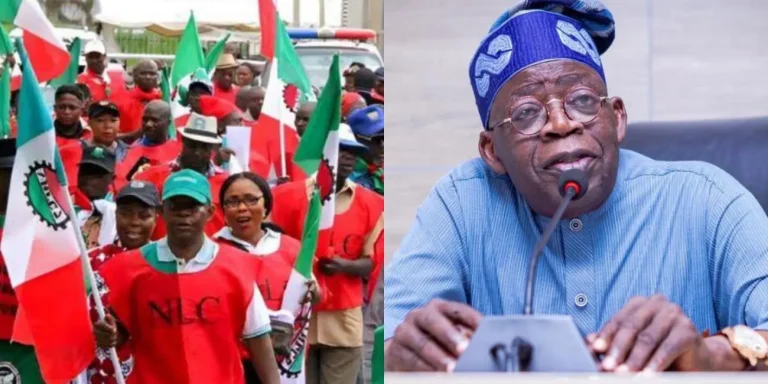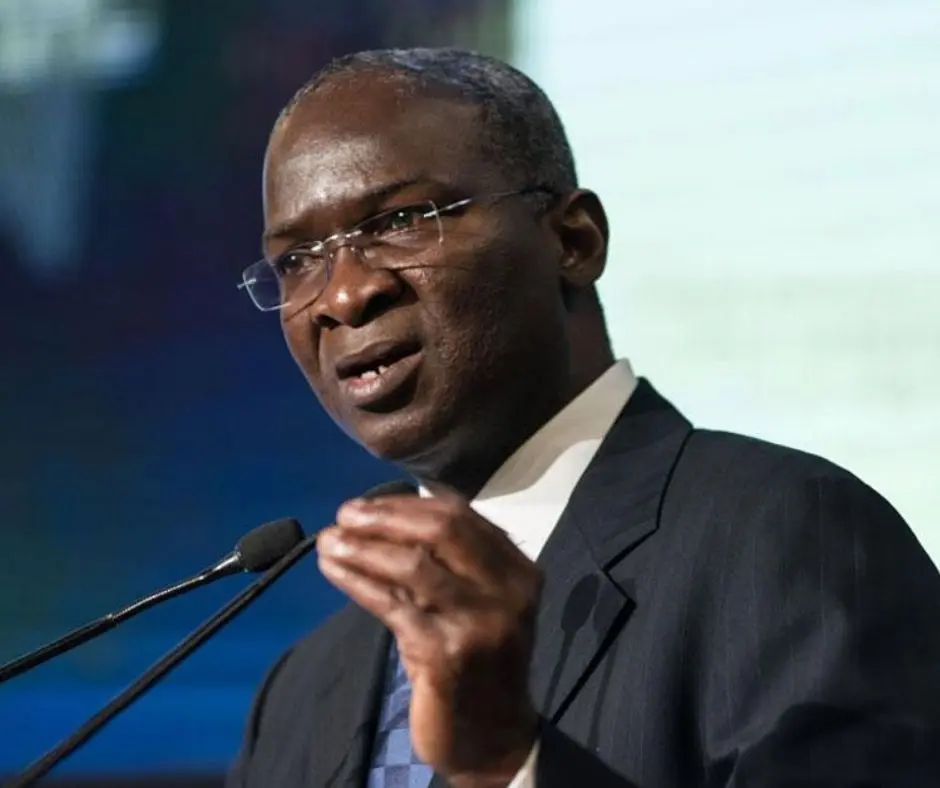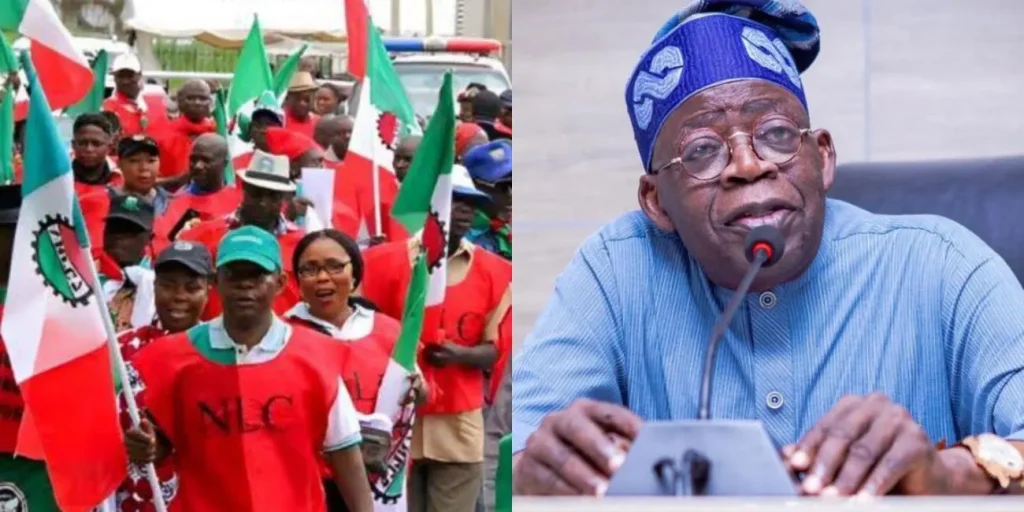Governance
Democracy Day: 12 Things You Should Know About The Renowned June 12, 1993
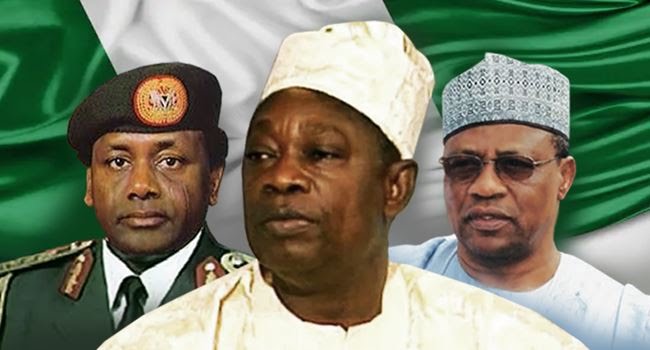
EDITOR’S PICK:
- 2023: Things To Know As APC Presidential Primary Begins Today (FULL UPDATE)
- Adamu Behind Plot To Make Lawan Presidential June 12, 1993Candidate – APC Govs Allege
- APC Will Coast To Victory Again In 2023 – Buhari
EKO HOT BLOG gathered that in a bid to rest the ghost of the annulled June 12, 1993, presidential election, President Muhammadu Buhari declared June 12, Democracy Day.
The then Military Head of State, General Ibrahim Babangida had annulled the election which the late Chief M. K. O. Abiola was said to have won. This move was greeted with national crisis and unrest.
If you are unaware of the events that took place on the RENOWNED June 12, 1993, lets look at 12 things you should know about this memorable day.
1. Abiola was a product of annulled party primary
It might interest you to know that the first primary election conducted by Abiola’s party – the Social Democratic Party (SDP) – was annulled. Shehu Musa Yar’adua won the primary election, but the military banned all those who contested. This paved way for Abiola to come on board in the next primary in which he narrowly won Babagana Kingibe and Atiku Abubakar.
2. June election was considered the freest and fairest election
National and International observers declared the election the freest and fairest election in Nigeria’s history. It was reported that Abiola won his rival Bashir Tofa of the National Republican Convention (NRC) in his home state, Kano.
3. Abiola’s campaign slogans appealed to most Nigerians
Hope 93’ was Abiola’s campaign slogan. He had slogans which reflected the dire condition of most Nigerians. They included: “Farewell to Poverty” “At last! Our rays of Hope” and the “Burden of Schooling”. Being a renowned philanthropist, people had hoped that he would liberate Nigerians out of poverty once he assumed the presidency.
4. Reasons Babangida gave for annulling the election
General Babangida reeled out several reasons for annulling the election conducted by National Electoral Commission (NEC) chairman, Humphrey Nwosu. In the decree which annulled the election, he emphasized challenges with the judiciary, flawed legal proceedings and the need for the courts to settle allegations of corruption against the presidential candidates, including vote-rigging on the day of the election, as major reasons for his actions.
5. Shonekan was made head of the interim government
After the annulment, Babangida handed over power to a lawyer and businessman, Chief Ernest Shonekan on August 26, 1993. Shonekan was on January 2, 1993, made the head of the Transitional Council and Head of Government under the Babangida government. This was meant to be the final phase leading to a scheduled handover to an elected democratic leader.
6. Abacha’s coup removed Shonekan
Though Babangida handed over power to Shonekan, the government was still under the subtle control of the military. This came to light when General Sani Abacha, in a palace coup, on November 17, 1993, seized power from Shonekan.
7. Abiola declared himself President
Having realized that Abacha was not willing to hand power over to him, in 1994, in the Epetedo area of Lagos Island, Abiola declared himself President of Nigeria.
8. Abacha arrested Abiola
The Epetedo declaration made Abacha declare Abiola wanted. He accused Abiola of treason and reportedly sent 200 police vehicles to bring him into custody.
9. Abiola’s wife was assassinated
Abiola’s wife, Alhaja Kudirat Abiola, due to her brazen continued agitation for her husband’s release from custody and restoration of his mandate, was assassinated in Lagos, in 1996.
10. Abiola refused all conditions for his release
It was alleged that the military gave Abiola juicy conditions for him to be released. They allegedly asked him to renounce his mandate and get a refund for all his extensive election expenses.
11. International community called for his release
The international community and human rights activists all over the world called for his release during his four-year incarceration. It was reported that Archbishop Desmond Tutu and Pope John Paul II also put in efforts for his release.
EDITOR’S PICK
- Party Delegates Furious After Discovering They Were Bribed With Fake Dollars
- APC Announces 18 Sub-Committees Chairpersons To Elect 2023 Presidential Candidate [FULL LIST]
- You Need A Successor Who Can Protect Your Legacy – Orji Kalu Writes Buhari
12. Abiola died under the unverified circumstance
After Abacha’s death on June 8, 1998, Abiola died on July 7 same year under suspicious circumstances. The official autopsy of his death that was made public noted that he died of natural causes. However, the autopsy conducted by international coroners was not disclosed.
Click to watch our video of the week
Advertise or Publish a Story on EkoHot Blog:
Kindly contact us at [email protected]. Breaking stories should be sent to the above email and substantiated with pictorial evidence.
Citizen journalists will receive a token as data incentive.
Call or Whatsapp: 0803 561 7233, 0703 414 5611


